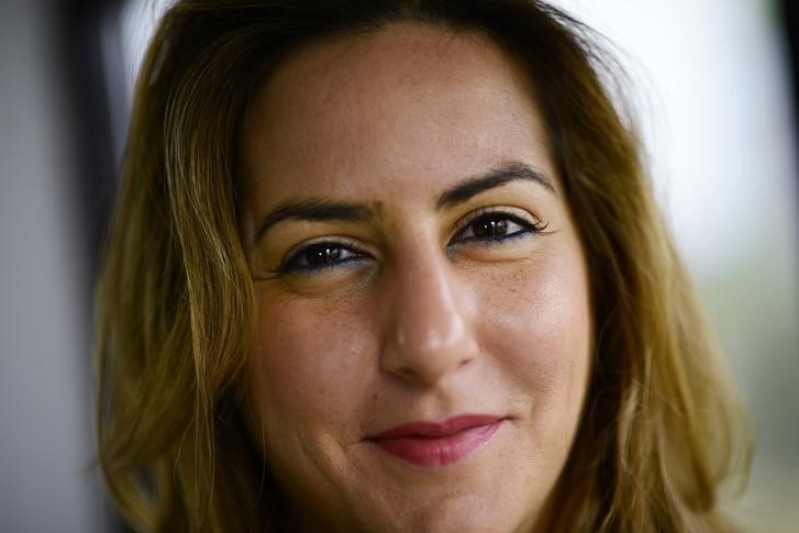
THE HAGUE (Reuters) - A U.N.-backed court said on Friday that a Lebanese journalist had risked exposing purported witnesses in its hearings over the 2005 assassination of former Prime Minister Rafik al-Hariri, and had defied a court order to remove the material from a website.
Karma Khayat, who accuses the tribunal of gagging the free press, will be sentenced on Sept. 28 for contempt of court for ignoring the order. She could face a fine of 100,000 euros and seven years in prison - though this would be an unusually harsh punishment for an international court.
The Special Tribunal for Lebanon acquitted Khayat on a more serious charge of interfering with the course of justice by publishing the material in the first place. Al-Jadeed, her TV station, was found not liable on both counts.
Prosecutors had said the reports undermined the court by exposing witnesses to the risk of reprisals and discouraging them from coming forward with evidence.
Judge Nicola Lettieri said that there was no evidence that identifying the witnesses had undermined public confidence in the tribunal, but said Khayat should have taken the material down when ordered to do so.
"The individuals who testified stated that they had been afraid ... after the airing of the episodes," he said.
Though purported witnesses' faces were blurred and their voices disguised in the 2012 broadcasts, they could still be identified from context, he added.
"Al-Jadeed used professional standards," Khayat said. "If the tribunal's aim or goal was to put a stop to Al-Jadeed's investigative reporting on the tribunal, I can assure that we will not stop."
Defense lawyer Karim Khan said Khayat would appeal against her conviction on the "lesser charge", adding that Al-Jadeed's full acquittal was a vindication.
Hariri and 21 others were killed in a waterfront bomb blast in 2005 that upset a fragile peace in Lebanon, dragging the country back to the brink of civil war.
The court was set up with United Nations support after Lebanese politicians said their judicial system could not cope with investigating the crime.
Five suspects, all linked to the Lebanese Shi'ite Muslim militant movement Hezbollah, which is part of the current Beirut government, have since been indicted for the killing. They remain at large and are being tried in absentia.
Supporters of Hezbollah accuse the tribunal of serving U.S. and Israeli interests.
In April, Khayat told a court hearing that her reports had aimed to expose alleged leaks coming from the tribunal and investigate its use of public money.
(Reporting by Thomas Escritt in The Hague, additional reporting Issam Abdallah and Ahmad Biasli in Beirut; Editing by Dominic Evans and Andrew Heavens)






